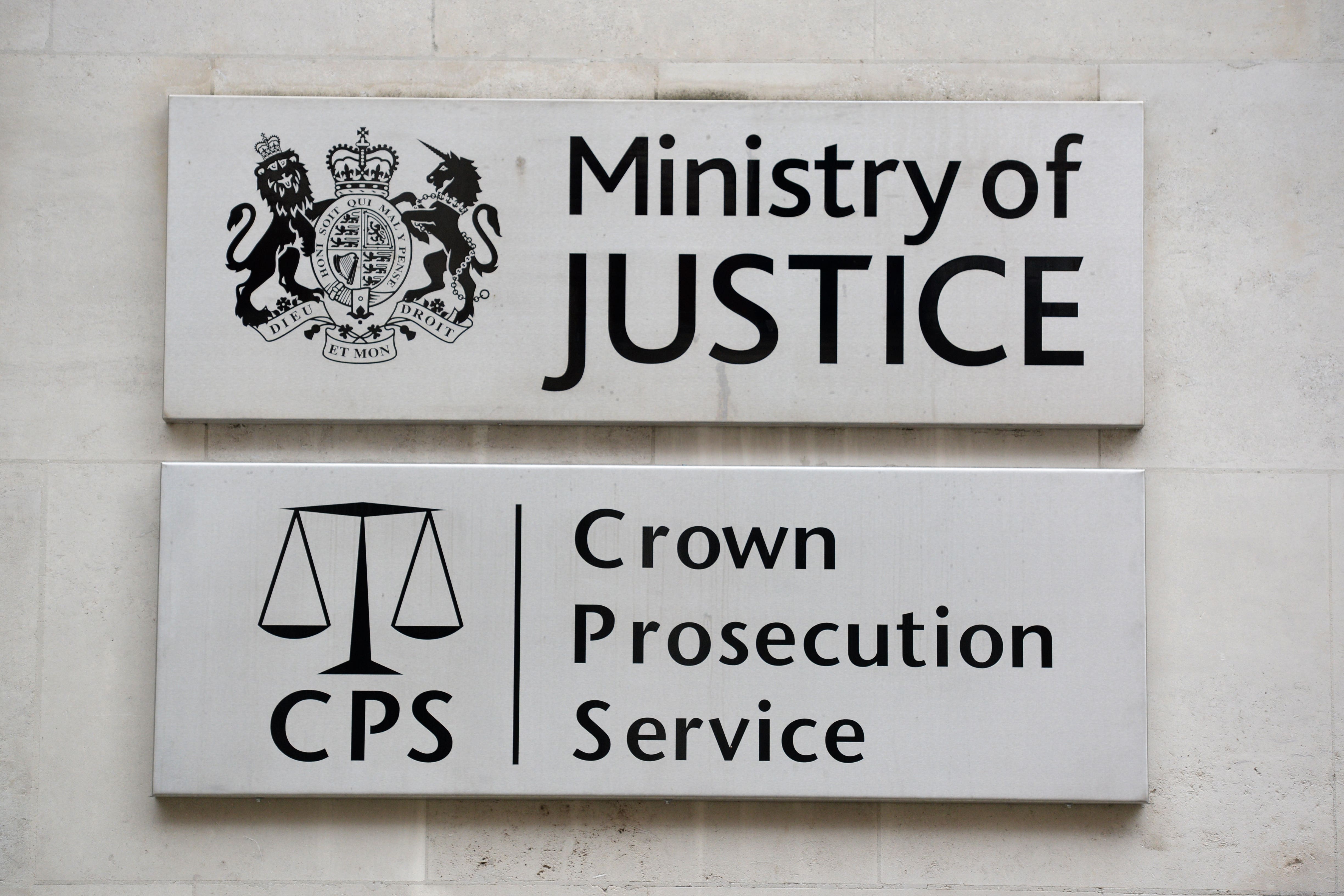Labour government without accurate data on courts crisis amid fears of soaring trials backlog
‘Unfathomable’ lack of accurate data on courts crisis means government ‘cannot hope’ to understand or fix it, experts tell The Independent

The government has failed to publish any data on the crisis in the criminal courts this year due to inaccuracies in its statistics, leaving the public blind amid fears the backlog of trials has soared to grim new highs.
As it cancelled the publication of its data on the performance of the crown courts for the second quarter running this week, the Ministry of Justice (MoJ) blamed statistical errors, which it said date back at least three years.
The latest data on the government website is from December 2023, which was published in March 2024. The MoJ insisted it will publish full, accurate statistics by the end of this year.
Criminal lawyers told The Independent it was “unfathomable” the government did not have accurate data on the crisis unfolding in the courts – and warned victims and defendants suffering from this lack of grip daily “are the lost humans in this lost data”.
The quarterly data release was first cancelled during the pre-election period in June and was delayed once again this week.
Shabana Mahmood, in one of her first acts as justice secretary, is said to have ordered a “complete audit” of the data upon learning of the issue when entering government, and officials said they were working with the statistics watchdog to remedy the error.

“It is extremely concerning that the quarterly criminal court statistics have not been published for the first six months of the year,” says Nick Emmerson, Law Society of England and Wales president.
“You cannot solve a problem if you cannot measure it. Without robust, rigorous and comprehensive data collection the government cannot hope to understand what is going on in our courts or be able to address the huge backlogs.
“Victims and defendants spend years in limbo waiting for justice as the backlogs continue to grow. The misery faced by all those caught up in these unacceptable delays will not go away unless the government fixes this data challenge and begins to rebuild the foundations of this vital public service.”
Have you been affected by the courts backlog? Email andy.gregory@independent.co.uk
The justice committee of MPs and other experts have repeatedly warned of shortcomings in MoJ data, with The Independent highlighting one case in November in which the ministry mistakenly said scores of defendants had been jailed while awaiting trial for five years, when in fact none had.
Speaking to the committee in 2022, the ministry’s top civil servant Antonia Romeo insisted it was a “very data and evidence-based organisation” with “a lot of excellent analysis and a lot of data”.
Stressing the importance of accurate data for the well-being of the court system, Ms Romeo told MPs: “A lot of what we do is to take the flow through the whole of the criminal justice system, so we have to get our forecasting, data and evidence right.”
However, the performance of the courts for the past nine months is currently a mystery, with experts fearing the backlog of trials waiting in the system may have soared to a grim new record of more than 70,000, up from just under 33,000 five years ago.

The independent Office for Statistics Regulation said it was “engaging closely with MoJ as it investigates”, adding: “We’re continuing to monitor the issue and are currently considering next steps.”
While government officials insisted the data inaccuracies did not impact the day-to-day running of the courts, the Criminal Bar Association contended that this was not the case.
A spokesperson said: “Without a firm grip of current, past and likely future case flows, proper planning for investment is stymied into the criminal barristers, solicitors, court staff and courtrooms all required to ensure trials can go ahead on time.”
They added: “Victims of crime and defendants experience this lack of grip on the detail daily – they are the lost humans who are in the lost data.
“It is unfathomable that a government department whose purpose is to know doesn’t, in fact, know how many outstanding crown court cases there are, with all the technology and all the information they have. It is no wonder that the criminal justice system is in meltdown.”
A Ministry of Justice spokesperson said: “This government inherited a justice system in crisis – with our prisons nearly full, a challenging court estate and victims waiting too long for justice.
“Following the discovery of this issue, the lord chancellor has asked for a complete audit of the data to assure its quality and we will publish full, accurate statistics by the end of the year.”
Join our commenting forum
Join thought-provoking conversations, follow other Independent readers and see their replies
Comments
Bookmark popover
Removed from bookmarks